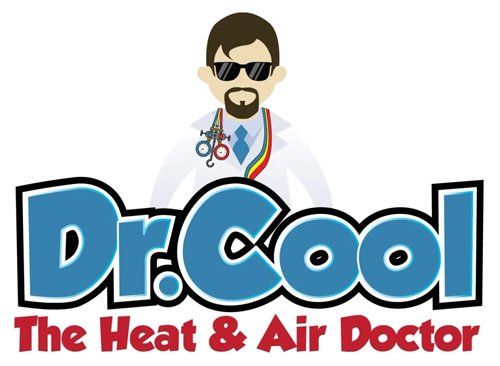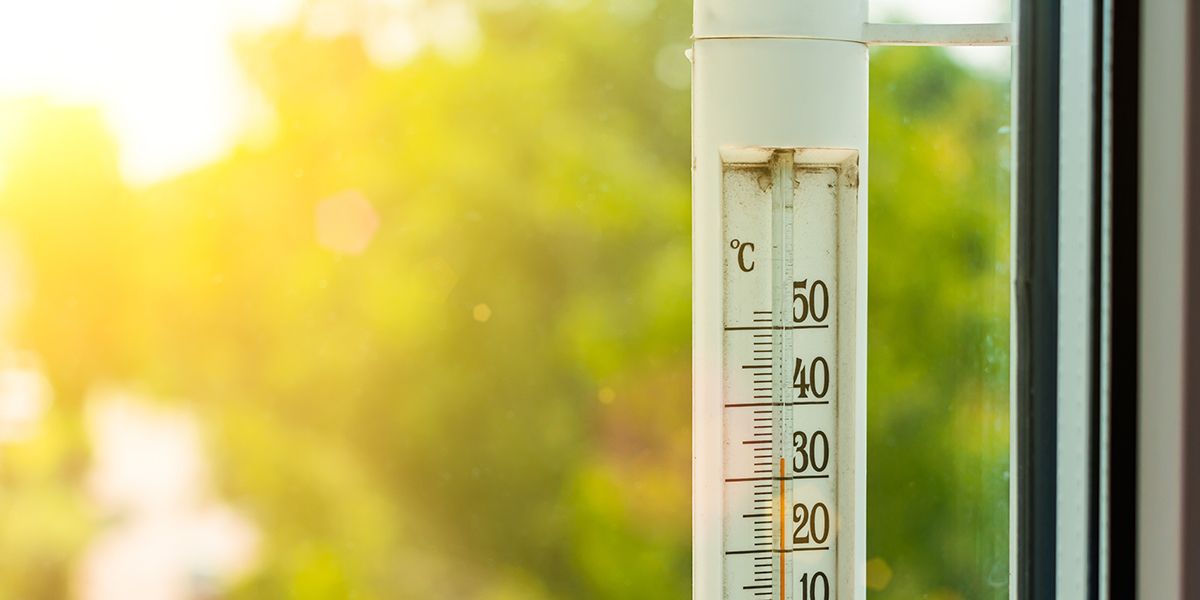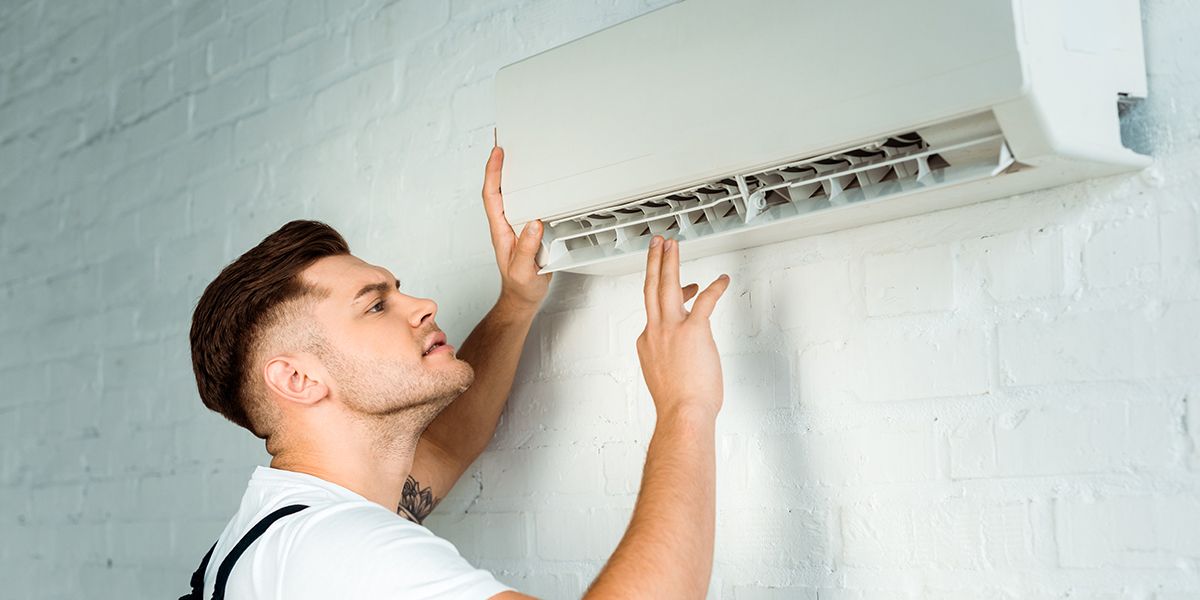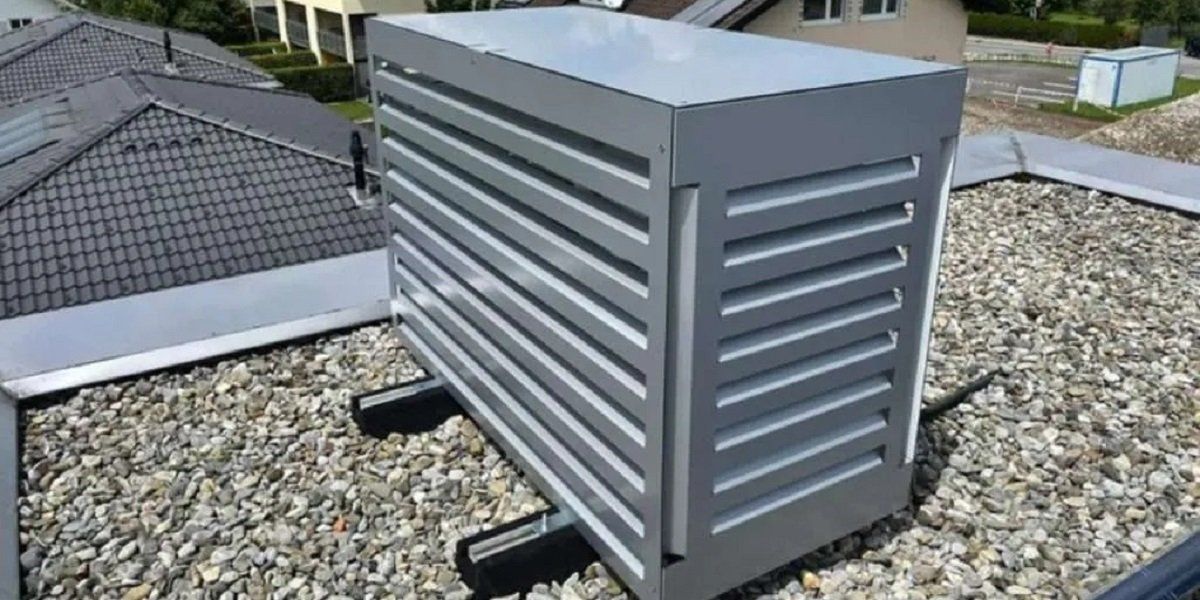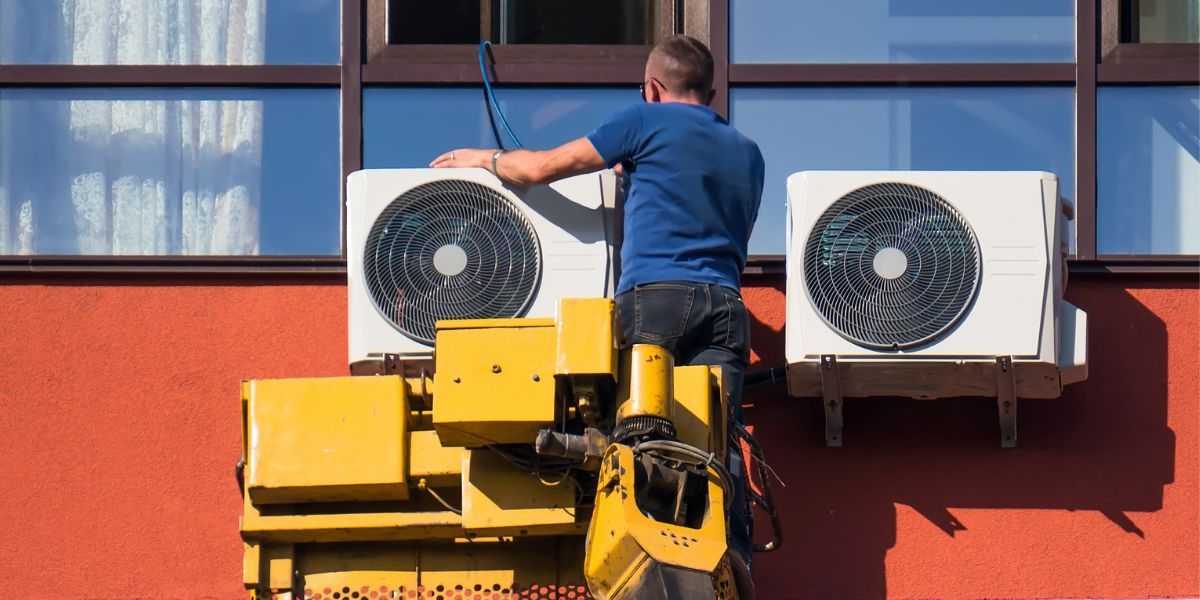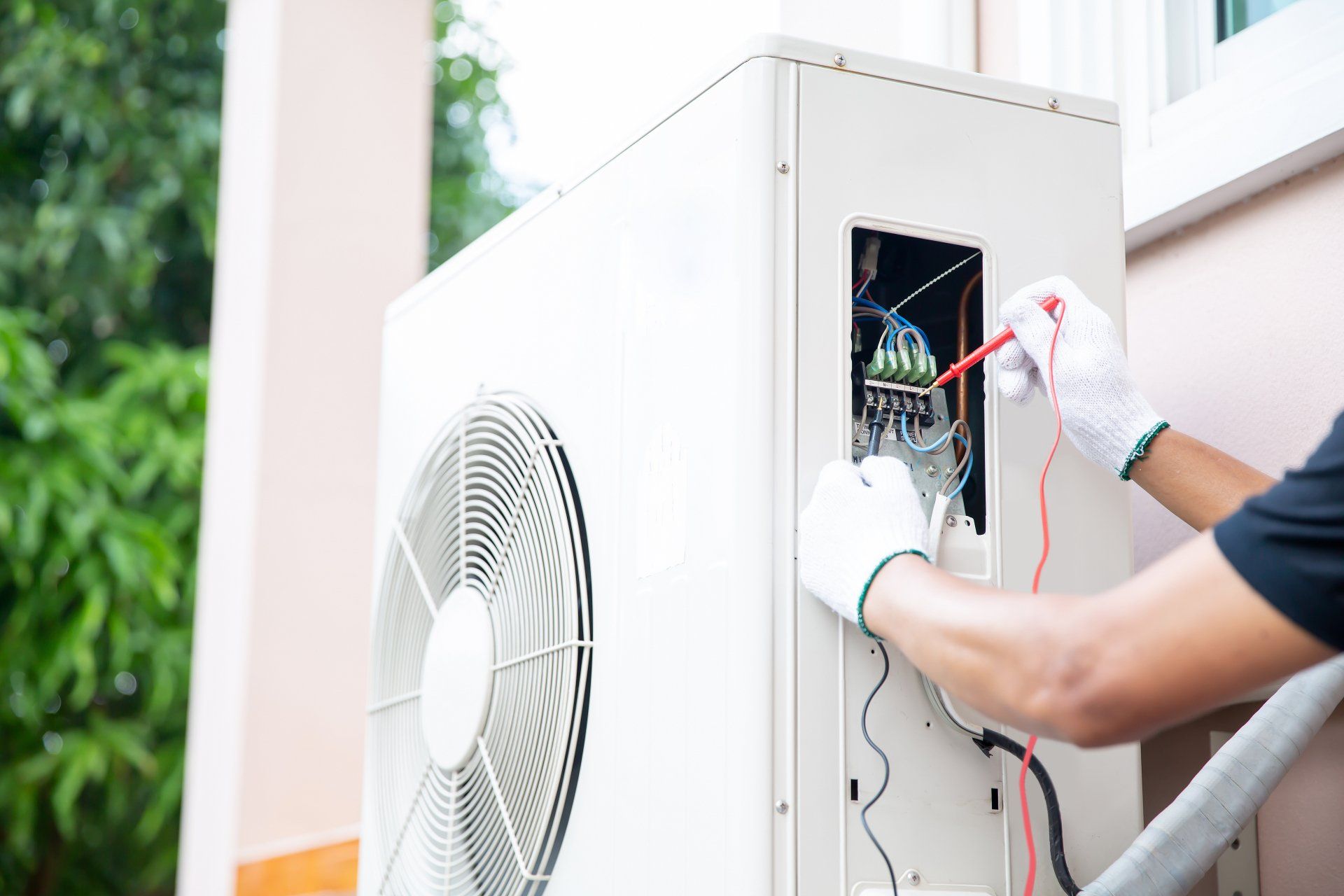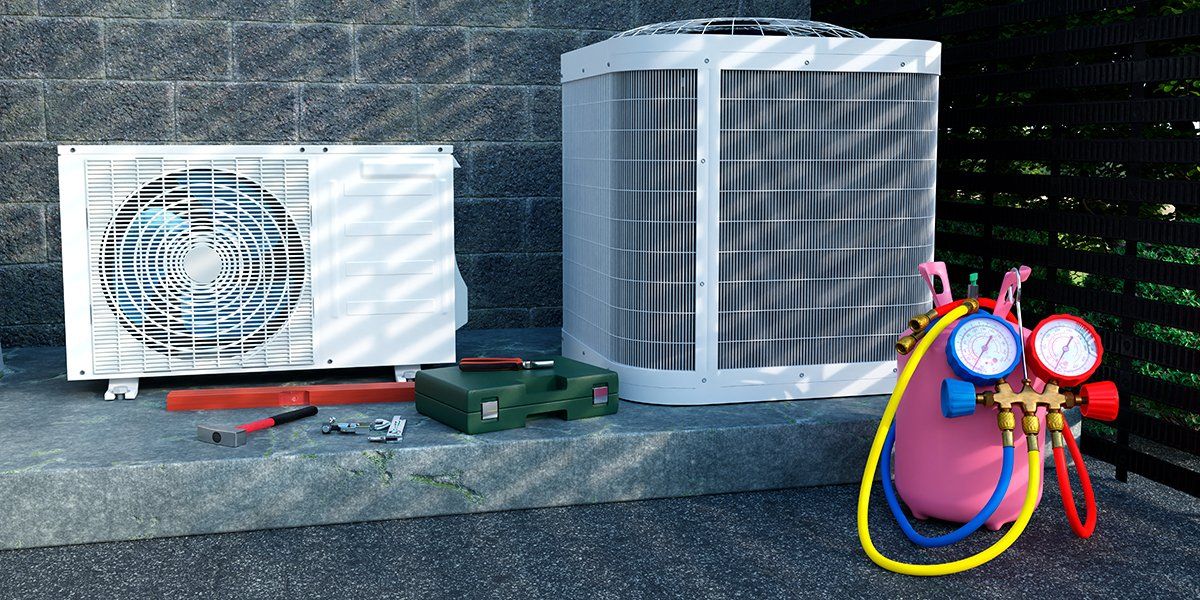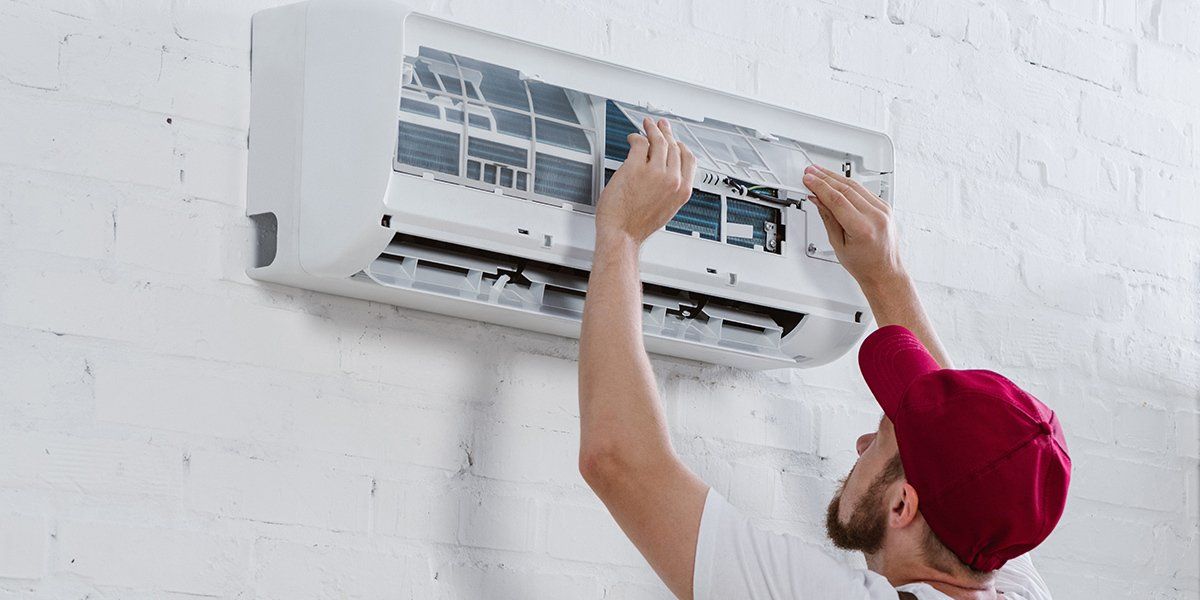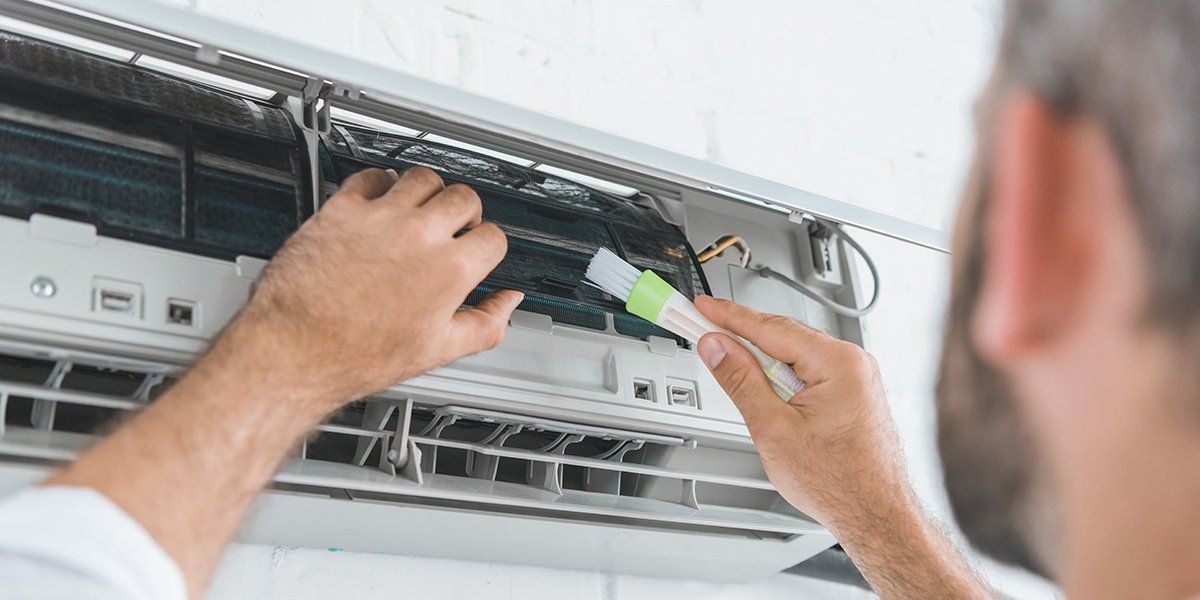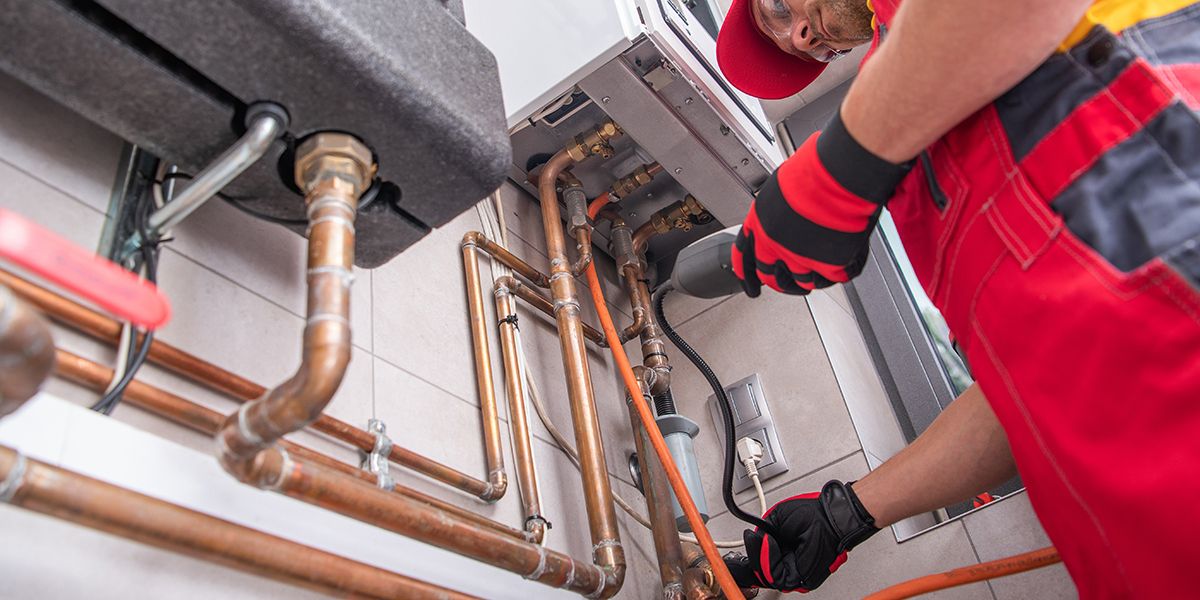11 Fall HVAC Maintenance Tips
Heating and cooling systems are complex and require periodic maintenance to work at their best. Dr. Cool The Heat and Air Doctor is the go-to company for AC unit repairs in Columbia, SC. We inspect, maintain, and repair all the common brands of HVAC components, and we pride ourselves on our comprehensive maintenance plans and our team of highly trained HVAC technicians.
Your furnace can encounter many problems during the winter. Be ready for them by taking preventative maintenance steps. These fall HVAC maintenance tips will give you confidence in your HVAC system this winter.
Avoid forgetting about your maintenance by calling Dr. Cool, The Heat and Air Doctor, to schedule regular maintenance. You and your maintenance technician can work together to follow the following fall HVAC maintenance tips.
1: Check the Detectors
Before you turn on your furnace in the fall, test your carbon monoxide and smoke detectors. Some potential heater, radiator, or furnace problems can cause toxic gases from the combustion chamber to escape into the air, reducing air quality, posing a fire risk, and potentially threatening the lives of everyone in your home.
2: Test the Furnace or Boiler
When the furnace is in operation, check for any unusual odors or noises that could indicate a problem with the furnace. A rattling sound could be a sign of a cracked heat exchanger. Other sounds could point to inefficient or incomplete combustion that could damage your furnace or boiler.
3: Calibrate the Thermostat
If the thermostat has a problem, your HVAC system might have trouble maintaining the temperature you want. A faulty thermostat can interfere with your ability to enjoy your home in comfort, force your HVAC system to work longer than necessary, and shorten its life.
If you have a smart or programmable thermostat, its diagnostic system might prompt you to schedule maintenance if it detects a problem.
4: Change the Filter
The HVAC system depends on being able to circulate air through your home. An old and dirty filter will spread dust, allergens, and bacteria throughout your house. The clogged filter will also strain your blower motor and cause your HVAC system to need more frequent repairs.
If you don’t know much about your HVAC system, ask the maintenance technician where to find the filters, what filters you need, and how often to replace them. The filter lifespan might vary according to the manufacturer and how often you use your HVAC system, but generally, you should change the filter every few months.
5: Inspect the Pilot Light
If you have a furnace that burns natural gas, look at the pilot light. It should burn a steady blue. If it won’t stay lit, looks yellow or orange, or flickers, ask your maintenance technician to check for a problem. Your maintenance technician should also inspect other components, such as the thermocouple, igniter, electrical system, and valves.
6: Check the AC for Refrigerant Leaks
Even though you probably won’t use your air conditioning for several months, have your maintenance technician check the refrigerant levels. If the system shows low refrigerant levels, your refrigerant line has a leak somewhere. It is better to identify the leak and fix it early rather than discover that your AC system has lost its refrigerant when you turn on your air conditioner in the spring.
7: Prevent Condensation Leaks
When your air conditioner runs, the evaporator coils pull heat from the air, causing condensation to form around the coils. The condensation collects in pans underneath the air conditioning unit and leaves through the condensate drain line. If the pan has cracks or the condensate drain line has a clog, water will spill onto the floor, potentially damaging the walls and equipment in the furnace room.
8: Check the Coils for Damage or Dirt
After keeping your home cool for several months, your air conditioning coils might be dirty. If dirt disrupts airflow around the coils, the coils might overheat or freeze. Any extreme temperature change can warp or damage the coils, which could reduce the air conditioner’s efficiency.
9: Clear Debris From Around the Outdoor Unit
Fallen leaves, grass clippings, and branches can interfere with the condenser coils in the outdoor unit and damage the fan blades. Keeping the outdoor unit clear of vegetation through regular maintenance will extend the lifespan and improve the performance of your air conditioning system.
10: Check the Air Ducts
Improve your air quality and the efficiency of your HVAC system by having a professional inspect and clean your air ducts every few years.
11: Winterize Your Home
One of the most effective ways to ensure that your HVAC system lasts a long time is to reduce its workload. Setting the thermostat to a higher temperature during the winter months makes a good first step. Winterizing the home will allow your heater to warm your home more quickly and reduce your energy bills.
In addition to keeping the HVAC system in good condition with our fall HVAC maintenance tips, you can prevent heat loss by:
- Fixing any problems with the home’s insulation
- Insulating plumbing to protect pipes and reduce wear on the water heater
- Upgrading the heat retention capability of windows and doors
- Disconnecting your garden hose and shutting off your sprinkler system
Homeowners can take many steps to keep their heating and air conditioning systems in good condition, but many fall HVAC maintenance tips require the assistance of a trained HVAC technician.
Get Professional Maintenance for Your HVAC System From Dr. Cool, The Heat & Air Doctor
Dr. Cool, The Heat & Air Doctor, and his team make the best choice for HVAC maintenance in Columbia, SC. We put our years of experience to work improving AC efficiency and heating efficiency for boilers, furnaces, heat pumps, and other home heating devices.
Don’t leave your HVAC system’s performance to chance. Call
803-368-5500 to get an estimate and schedule an appointment for inspection and servicing. We look forward to the opportunity to discuss our fall HVAC maintenance tips and consider your HVAC maintenance options.
